Introduction
Autism Spectrum Disorder (ASD), commonly known as autism, is a neurodevelopmental condition characterized by differences in communication, social interaction, and behavior. Once considered rare, autism has become one of the most discussed and studied developmental disorders globally. In Pakistan, however, autism remains under-recognized, under-diagnosed, and under-supported. As global awareness and diagnosis rates increase, Pakistan too is beginning to confront the complex realities of autism — from a growing number of cases to a significant lack of services and understanding.
This article explores the rise of autism globally and within Pakistan, the challenges faced by individuals with autism and their families, and what can be done to create a more inclusive and supportive society.
Autism: A Global Perspective
Globally, autism rates have been rising steadily over the past few decades. According to the Centers for Disease Control and Prevention (CDC) in the United States, the prevalence of autism has increased from 1 in 150 children in the year 2000 to about 1 in 36 children in 2023. This increase is not necessarily due to a true rise in the number of cases but is more reflective of improved awareness, diagnostic practices, and broader criteria for diagnosis.
Autism knows no racial, ethnic, or socioeconomic boundaries. It affects children and adults across the world. While the condition is lifelong, early intervention and support can significantly improve outcomes, helping individuals lead meaningful and independent lives.
With increasing understanding of neurodiversity — the idea that neurological differences are natural and valuable variations of the human genome — the world is slowly shifting from a focus on “fixing” autism to supporting and accepting autistic individuals for who they are.
Autism in Pakistan: A Hidden Crisis
In contrast to the global rise in autism awareness, Pakistan still lags far behind. Reliable data on autism prevalence in Pakistan is scarce, but experts estimate that over 350,000 to 500,000 children may be on the autism spectrum. However, due to lack of screening tools, awareness, and stigma, the actual numbers may be much higher.
Lack of Data and Diagnosis
Pakistan has no national autism registry, making it difficult to track the number of diagnosed individuals or monitor trends. Most diagnoses are made in urban private clinics, and children in rural or low-income families often go undiagnosed. Compounding this issue is the fact that many general practitioners, teachers, and even pediatricians are not adequately trained to recognize autism.
The absence of early diagnosis means that many children miss the crucial window for early intervention — typically before the age of 5 — which can significantly improve social and cognitive outcomes.
Cultural Stigma and Misconceptions
In Pakistan, autism is still surrounded by misconceptions and stigma. Many families hesitate to seek help due to fear of judgment or ostracization. Children with autism are often mislabeled as “naughty,” “lazy,” or even “possessed,” and traditional or spiritual remedies are often pursued before medical or psychological consultation.
Families, especially mothers, often face blame and emotional stress. The lack of acceptance not only isolates the child but also burdens caregivers, affecting mental health and family dynamics.
Barriers to Support and Services
1. Limited Specialized Centers
There are only a handful of autism-specific centers in major cities like Karachi, Lahore, and Islamabad. Most government hospitals lack autism assessment units or trained developmental pediatricians. Rural areas are almost entirely devoid of support systems. Even private facilities are often expensive, making them inaccessible for a large portion of the population.
2. Shortage of Trained Professionals
There is a severe shortage of trained therapists, including speech-language pathologists, occupational therapists, behavioral therapists, and special education teachers. Autism-specific training programs for professionals are almost nonexistent in public universities, and private certification programs are limited and often not standardized.
3. Financial Constraints
Therapies for autism are costly, and since there is little to no government support, families bear the entire financial burden. A middle-class family can spend anywhere between PKR 30,000 to 100,000 per month on therapies, diagnostics, and school support — a cost that is simply unaffordable for many.
4. Inaccessible Education System
Pakistan’s education system is largely not inclusive. Most mainstream schools are not equipped to handle children with autism, and special education schools often group children with a wide range of disabilities together, without autism-specific accommodations. There is little understanding of Individualized Education Plans (IEPs), and school staff often lack empathy or training.
The Role of Parents and Advocacy
In the face of institutional neglect, parents of children with autism have become powerful advocates and change-makers. Across Pakistan, small groups of parents and activists have begun raising their voices through awareness campaigns, online communities, and NGOs. Organizations like Autism Spectrum Pakistan, RARE, and Karachi Down Syndrome Program have played a key role in offering support services, therapy, and community engagement.
Social media has also become a powerful tool for awareness. Parents are sharing their journeys, challenging stigma, and creating safe spaces for others to connect and learn.
But this work is often fragmented and lacks the systemic backing of the government. A united national effort is needed to bring about long-term, sustainable change.
Opportunities for Change
While the challenges are many, Pakistan is not without hope. The growing global movement for autism awareness and inclusion can be a catalyst for positive change in Pakistan as well. Here are some key areas where progress can be made:
1. National Autism Policy
There is an urgent need for the government to draft and implement a National Autism Policy that outlines standards for diagnosis, intervention, education, and inclusion. This should involve consultation with professionals, educators, and — most importantly — autistic individuals and their families.
2. Training and Capacity Building
Medical schools, psychology departments, and teacher training institutes must include autism education as part of their curriculum. Government and private organizations should invest in training programs for therapists, teachers, and doctors to improve early detection and support.
3. Awareness Campaigns
Public awareness campaigns through television, radio, schools, and mosques can help dismantle myths about autism and promote acceptance. Celebrating World Autism Awareness Day (April 2) with inclusive events and campaigns can be a starting point.
4. Inclusive Education
The government must ensure that mainstream schools accommodate children with autism through teacher training, classroom aides, and flexible teaching strategies. Schools should adopt the Universal Design for Learning (UDL) model and be encouraged to implement IEPs.
5. Financial and Social Support
The state should provide financial assistance to families affected by autism. Health insurance programs should include coverage for developmental disorders. Community centers and parent support groups should be encouraged at the local level.
Autistic Voices: From Awareness to Acceptance
A crucial shift that is beginning to happen globally — and must happen in Pakistan — is the move from mere awareness to acceptance. This means recognizing autistic individuals not just as people who need help, but as valuable members of society with unique perspectives and talents.
Autistic self-advocates around the world are leading this conversation, demanding their right to education, employment, healthcare, and dignity. Pakistan must create platforms for autistic individuals to speak for themselves — not just be spoken about.
Conclusion
Autism in Pakistan is not just a health issue — it is a human rights issue. The rising global rates of autism highlight the urgency of building systems that are inclusive, supportive, and compassionate. While Pakistan faces significant challenges, it also has a unique opportunity: to listen to the voices of its children and families, to learn from global best practices, and to lead a new movement for neurodiversity.
By investing in awareness, education, and care, Pakistan can ensure that individuals with autism not only survive, but thrive — not in the margins, but at the heart of society.
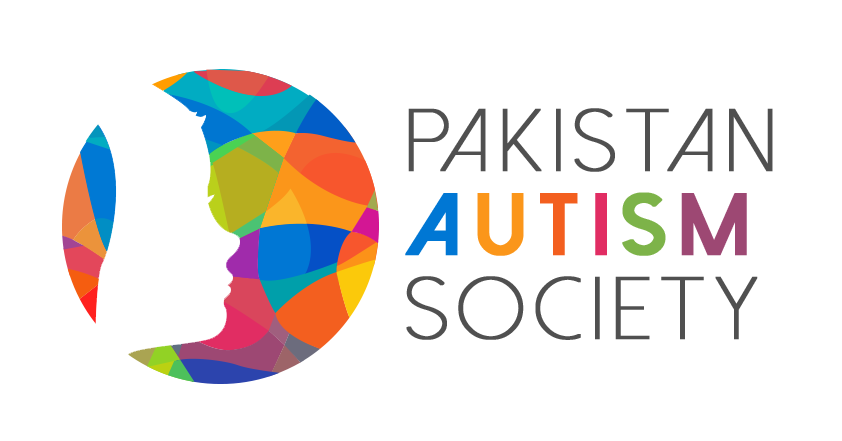
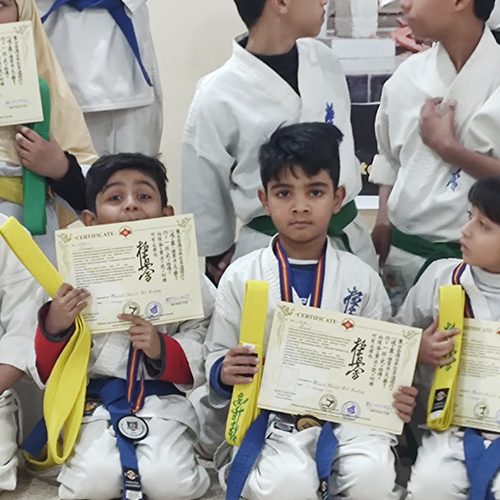
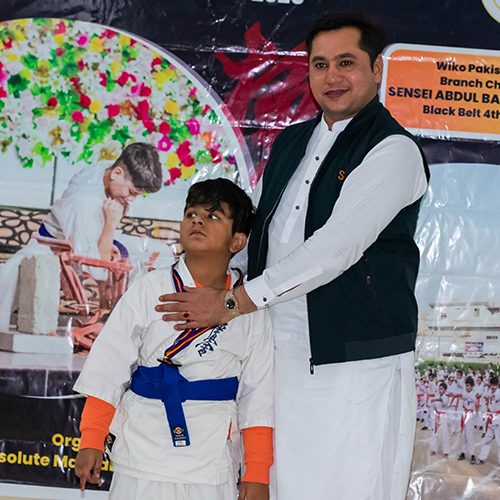
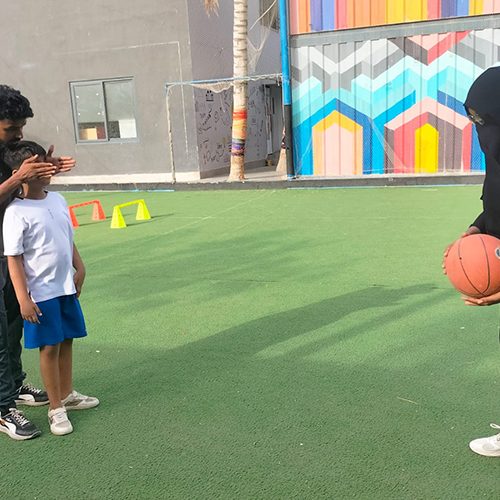


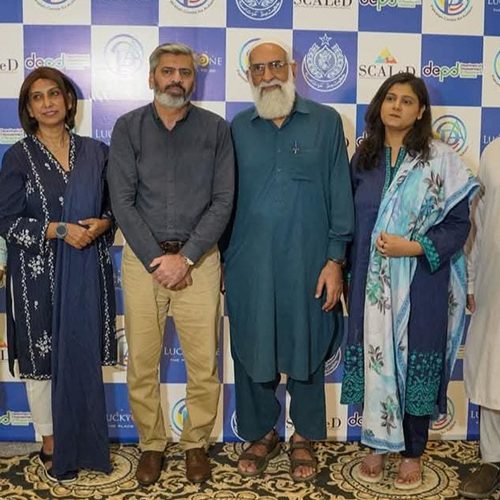
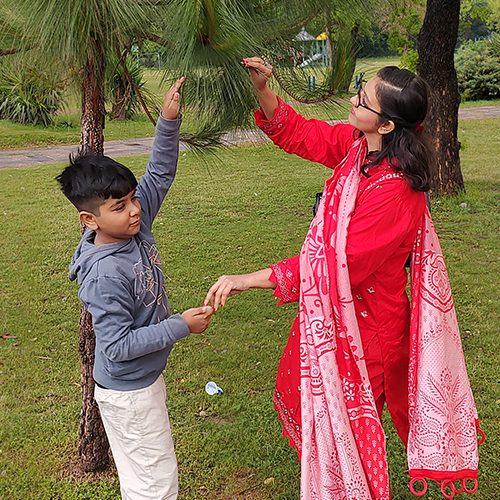
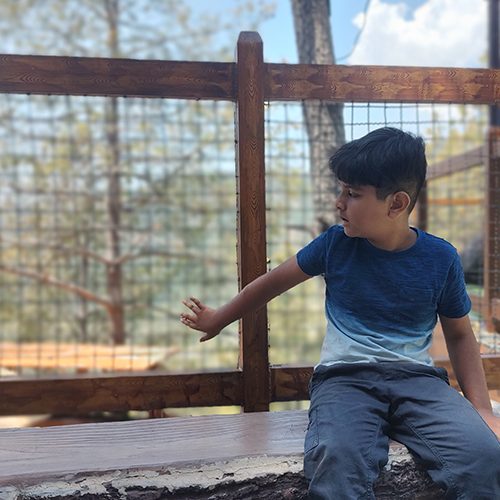
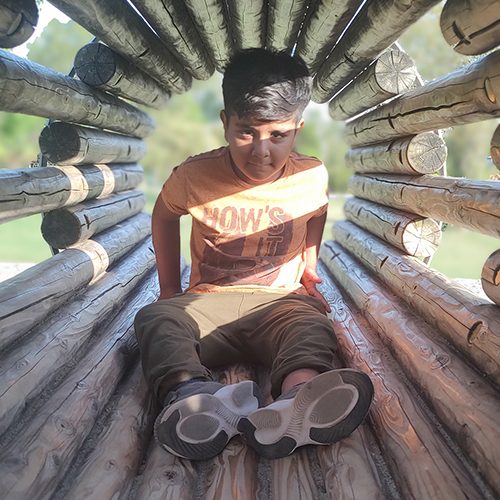
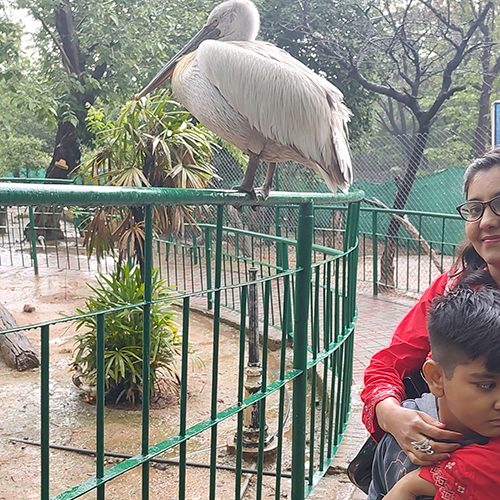
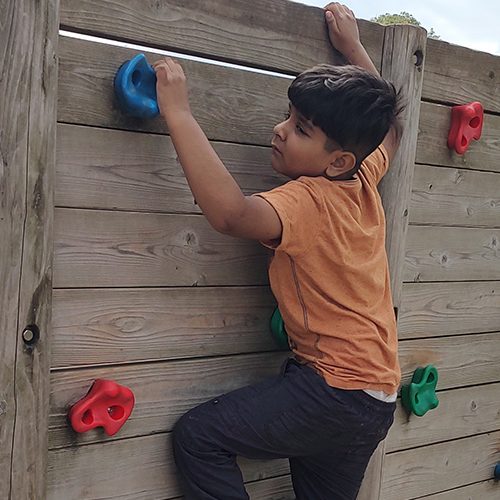
1 Comment
with Autism Spectrum Disorder (ASD) often face unique challenges that can affect their physical health, social skills